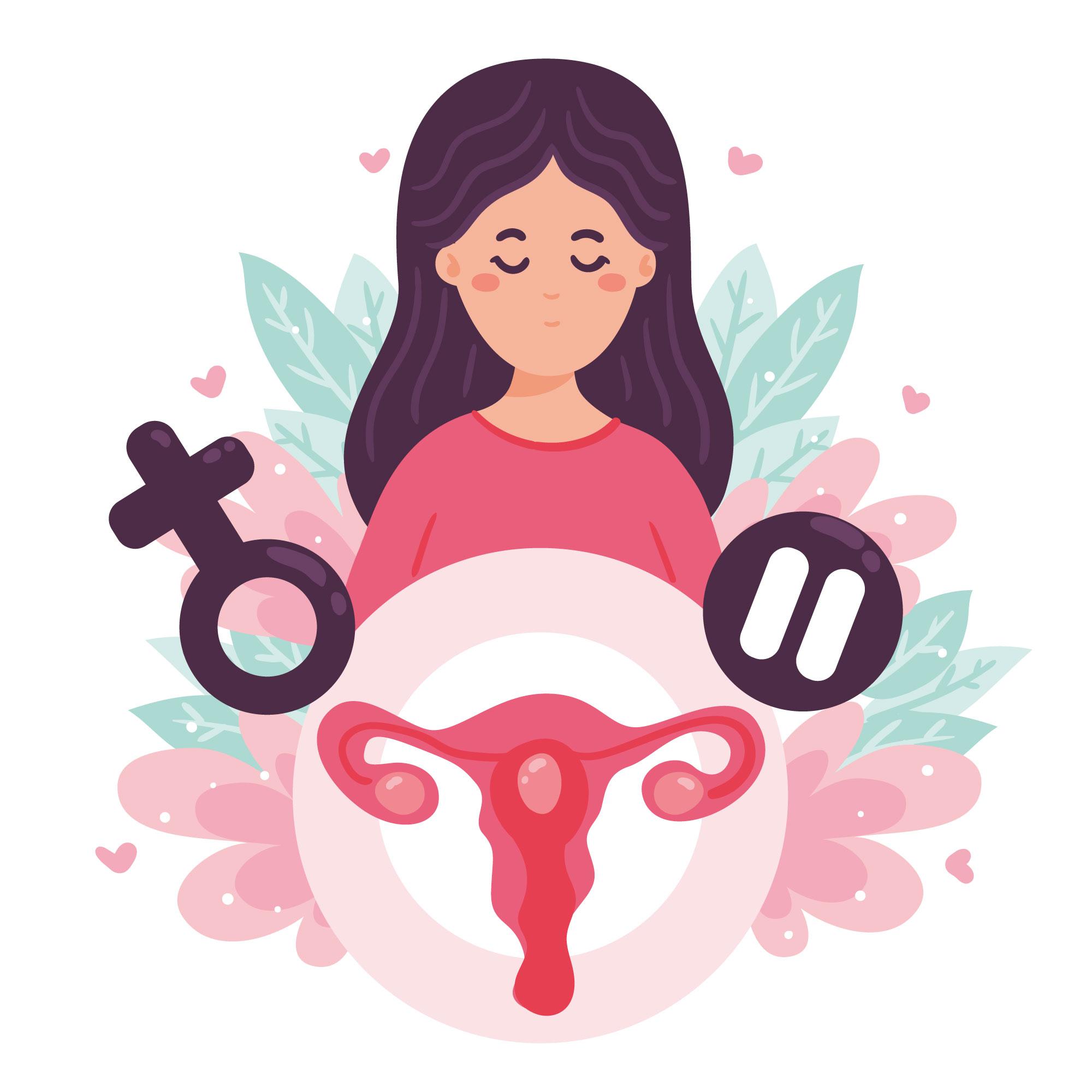

Women who have a history of substance abuse, neuropsychiatric impairment, or mental illness are less likely to undergo gynecological screening tests for cervical cancer and have a greater than doubled risk of getting the disease. Researchers from the Karolinska Institutet published their findings in The Lancet Public Health and emphasized the value of proactively interacting with these women as a cervical cancer prevention strategy.
The WHO announced a global plan in May 2020 to end cervical cancer as a concern affecting women’s health. A requirement that 70% of women get the illness screening at least twice before the ages of 35 and 45 is a component of the approach.
One of the main obstacles to this goal, according to the experts, is care inequity. “Our study identified a high-risk group that needs extra attention if we’re to succeed in eliminating cervical cancer,” says one of the study’s first authors Kejia Hu, postdoc researcher at the Institute of Environmental Medicine at Karolinska Institutet.
More than four million women born between 1940 and 1995 were a part of the observational study. The researchers used this population to estimate the risk of cervical cancer, precancerous cervical lesions, and participation in cervical cancer screening programs, contrasting women with diagnoses of mental illness, neuropsychiatric disability, or substance abuse with women without such diagnoses.
“Our results suggest that women with these diagnoses participate more seldom in screening programs at the same time as they have a higher incidence of lesions in the cervix,” says Dr. Hu. “We thus found that they have twice the risk of developing cervical cancer.”
All diseases were associated with an enhanced risk, but substance abuse was the one with the strongest correlation. The researchers concluded that women with mental illness should be made more aware of the value of routine gynecological screening:
“It would lower their risk of cancer,” says one of the paper’s authors Karin Sundström, senior researcher at the Department of Laboratory Medicine, Karolinska Institutet. “Similarly, if healthcare professionals are more aware of the cancer risk in these patients, they can step up preventative measures and consider how these could be delivered to potentially under-served patients.”
The strength of the study lies in the sheer size of the cohort and the length of the time-span period over which the participants were studied. One limitation is that the researchers did not have full data about other risk factors for cervical cancer such as smoking, hormonal contraceptives, and sexually transmitted diseases.
more recommended stories
 Nanoplastics in Brain Tissue and Neurological Risk
Nanoplastics in Brain Tissue and Neurological RiskKey Takeaways for HCPs Nanoplastics are.
 AI Predicts Chronic GVHD Risk After Stem Cell Transplant
AI Predicts Chronic GVHD Risk After Stem Cell TransplantKey Takeaways A new AI-driven tool,.
 Red Meat Consumption Linked to Higher Diabetes Odds
Red Meat Consumption Linked to Higher Diabetes OddsKey Takeaways Higher intake of total,.
 Pediatric Crohn’s Disease Microbial Signature Identified
Pediatric Crohn’s Disease Microbial Signature IdentifiedKey Points at a Glance NYU.
 Nanovaccine Design Boosts Immune Attack on HPV Tumors
Nanovaccine Design Boosts Immune Attack on HPV TumorsKey Highlights Reconfiguring peptide orientation significantly.
 High-Fat Diets Cause Damage to Metabolic Health
High-Fat Diets Cause Damage to Metabolic HealthKey Points Takeaways High-fat and ketogenic.
 Acute Ischemic Stroke: New Evidence for Neuroprotection
Acute Ischemic Stroke: New Evidence for NeuroprotectionKey Highlights A Phase III clinical.
 Statins Rarely Cause Side Effects, Large Trials Show
Statins Rarely Cause Side Effects, Large Trials ShowKey Points at a Glance Large.
 Anxiety Reduction and Emotional Support on Social Media
Anxiety Reduction and Emotional Support on Social MediaKey Summary Anxiety commonly begins in.
 Liquid Biopsy Measures Epigenetic Instability in Cancer
Liquid Biopsy Measures Epigenetic Instability in CancerKey Takeaways Johns Hopkins researchers developed.

Leave a Comment